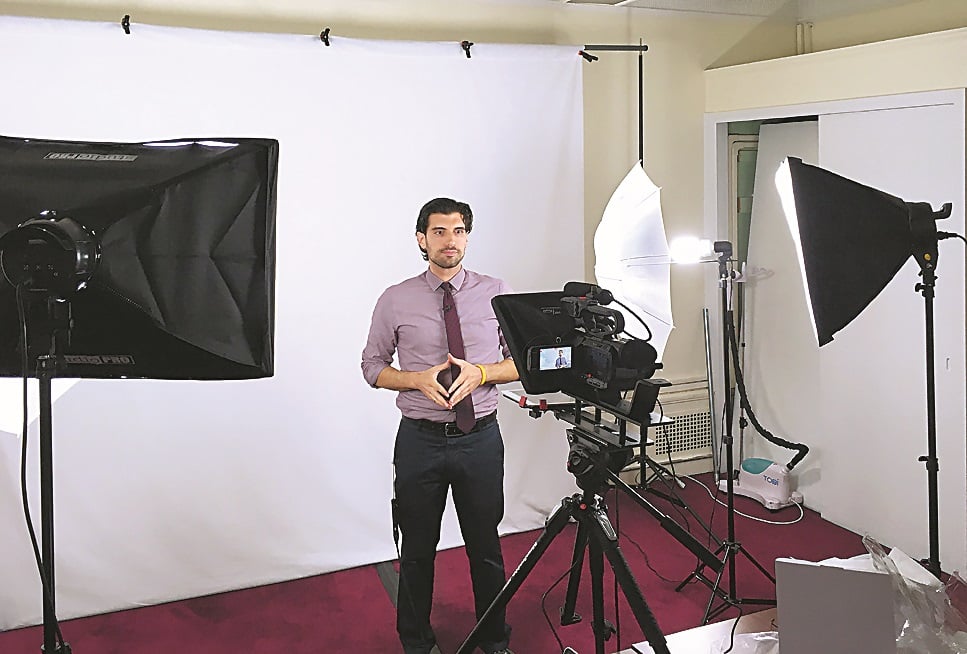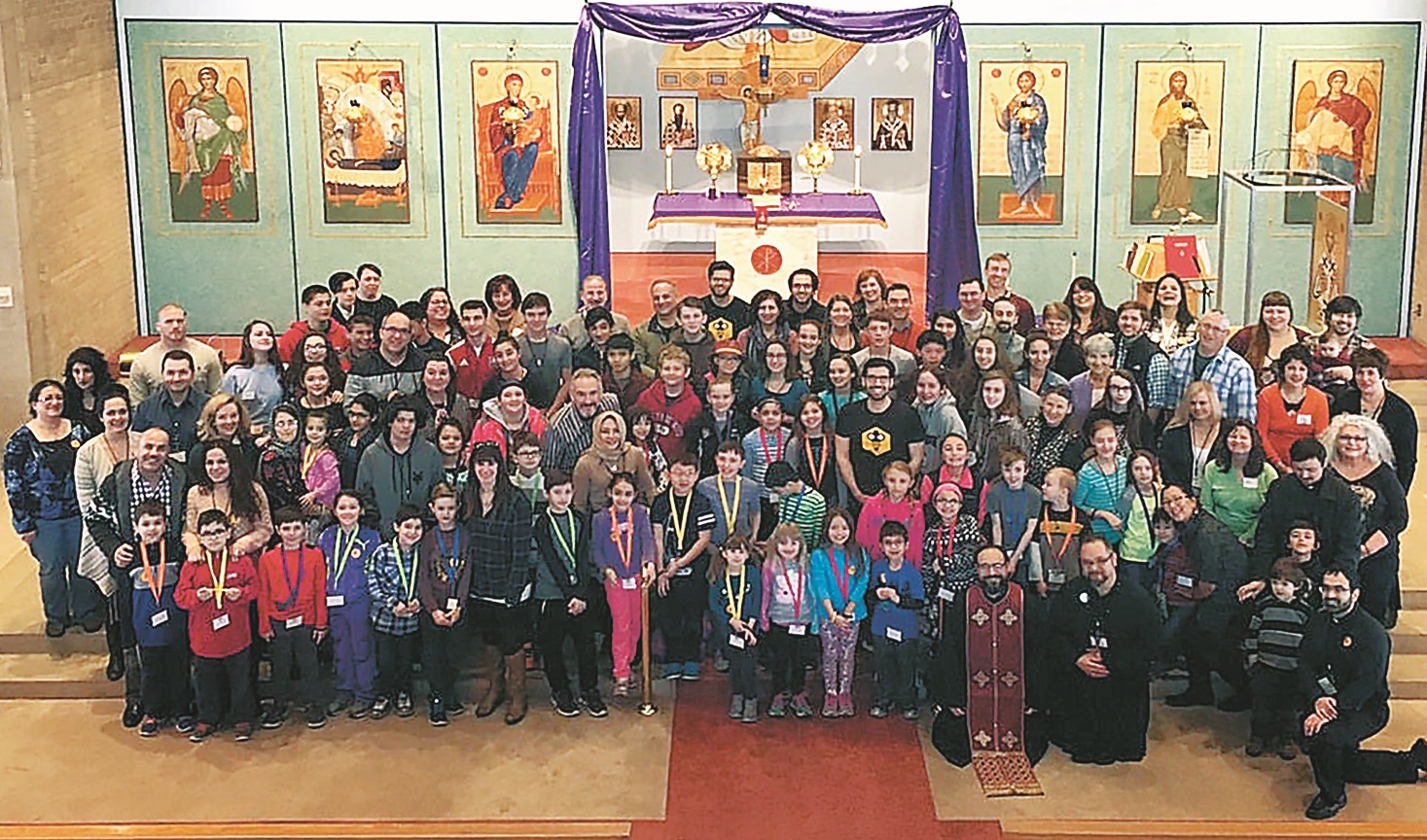When I graduated seminary in 2013, and began working for the Archdiocese, I was excited to be entering the difficult and exhausting field of youth and young adult ministry.
Though it’s an area we often reserve for the least experienced Church workers, it’s one that is both incredibly complex and unbelievably difficult.
Young people in particular bear within them the tensions and challenges that permeate our contemporary culture. They are shaped by the unspoken assumptions we all take for granted, by the values and longings and questions that shape our secular age.
Our fear, as adults and parents and ministry leaders, is often that our kids will be corrupted by a decadent culture, hostile to the teachings of the Church.
So we scramble to cram their head with Orthodox perspective and ideas, lessons to lead them through temptation. We scramble to give our youth people spiritual medicine to inoculate them against the sex and drugs they’ll find in college, and the atheism that threatens to pull them from our parishes.
Unfortunately, this medicine misdiagnoses the problem.
Our secular age is not one of hostility to spirituality. Rather, it is one of ambivalence and doubt; in an age when we can choose to believe anything and everything, we are all caught in the crosspressure between faith and doubt.
(How we got here is an interesting story, though one too long for this short article. If you’re interested in learning more about this, please search for the video “Making Ministry Better and More Christ-Centered.” It’s available on our YouTube channel: youtube.com/y2am.)
Though we, as Orthodox Christians in particular, may believe the same things as our predecessors a hundred, even a thousand years ago, we do not believe those things in the same way. We are all heirs to a disenchanted culture, a world where the source of meaning is now the self. We watch movies about demons with no fear of possession, because we are safely buffered from the transcendent. We convert former churches into nightclubs without a shred of apprehension because, when we decide what is and isn’t sacred, sacrilege becomes impossible.
This is our secular age. And it has sunk into our bones more than we may want to admit.
On the surface, this may seem to make the task of ministry even more overwhelming. If we are all the arbiters of truth, if we are all on a quest for selfdiscovery and authenticity, then how can the Church even begin speaking to contemporary people?
How can we preach the truth when people don’t even believe that truth exists?
Perhaps, in God’s providence, this greatest of challenges is also the greatest of opportunities.
Because, if we are true to the Gospel, we preach more than theological principles and religious systems. Truth isn’t a something. It’s not at it at all.
Truth is a someone
And in our mercy and patience and compassion, in the ways we act for the life of the world, people can come to know the living Person of Christ before they begin to grapple with whether He is the Way, the Truth, and the Life.
In our relics and myrrh-gushing icons they can see a world that is very much enchanted, imbued with the very presence of the living Lord. In our fasts and prostrations and services they can see that the body is intimately connected with the soul, and that our normally buffered selves and pierced by compunction and repentance.
In our secular age, where truth has been replaced by authenticity, it has never been harder to convince people of some abstract, objective the truth. Which is why we are fortunate that we preach a personal Truth, a Truth Who took on flesh and became one of us so we could walk with Him in eternity.
The world is ready for Christ. Are we ready to reveal Christ to the world?


